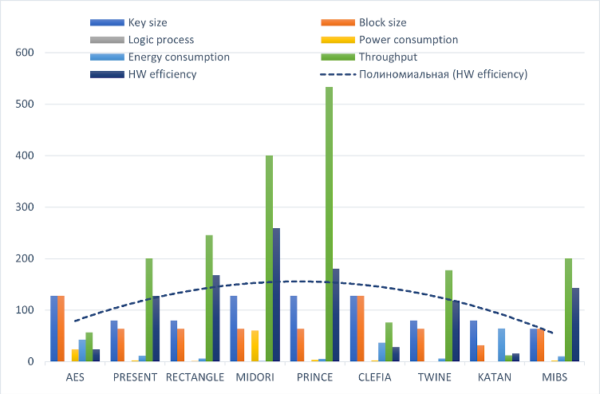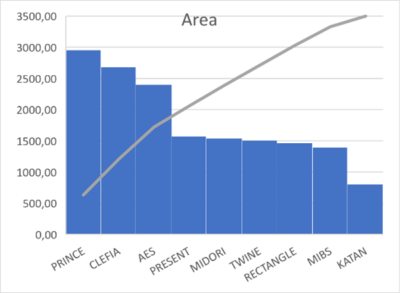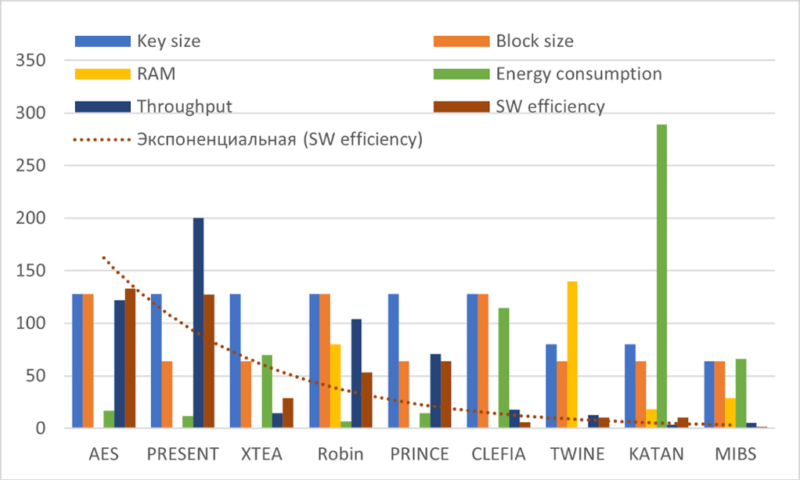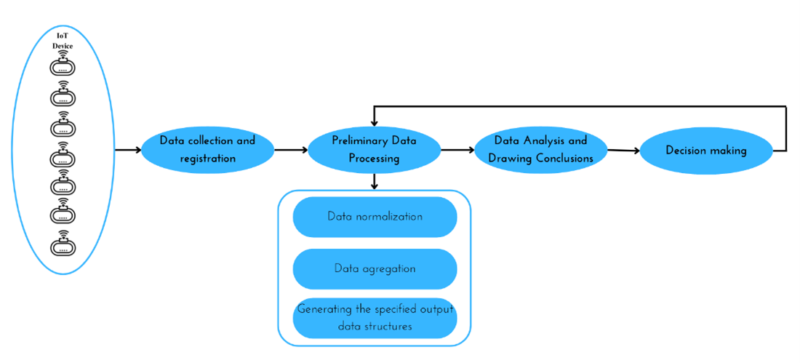Tamara Kokenovna Zhukabaeva
(https://orcid.org/0000-0001-6345-5211 View this author’s profile in ORCID)
Postdoctoral Scientific Advisor. Associate Professor, PhD in Informatics, Computer Science and Management. Dissertation topic: “Development of multilevel cryptographic systems”. She completed an internship in information security at the University of Putra Malaysia (Malaysia, Selangor, Universitа Putra Malaysia). Laureate of the State Scientific Scholarship for Talented Young Scientists – 2015 and the Best University Teacher – 2020. Winner of the Bolashak International Scholarship 2021, University of Lincoln, UK.
Postdoctoral Scientific Advisor has publications in international scientific journals with an impact factor (h-index – 4), such as Lecture Notes in Electrical Engineering, Communications in Computer and Information Science, Indonesian Journal of Electrical Engineering and Computer Science Applied Mathematics and Information Sciences, IEEE Access-Q2, Sensors (Switzerland)-Q1.IOP Conference Series: Materials Science and Engineering, and IEEE conferences.
Postdoctoral Scientific Advisor has acted as a research topic executor in the following projects:
2018-2020 Topic: Development of software and hardware and software for cryptographic protection of information during its transmission and storage in infocommunication systems and general purpose networks. Source of funding: program-targeted funding of the Ministry of Education and Science of the Republic of Kazakhstan.









